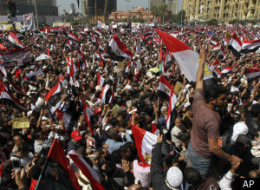The US State Department’s ‘Country Report on Terrorism’ received considerable news coverage in India media last week. The reason being, the report's finding that India witnessed the third highest number of terrorist attacks in 2016, which is just behind Iraq and Afghanistan. To the surprise of many, Pakistan was behind India in the fourth position. Almost all media outlets in India carried this news. While the news was covered, discussions on the issue following the news were few and far between.
The report stated that India registered a total of 927 terror attacks in 2016 with the highest percentage, not surprisingly, were from Jammu & Kashmir (19%) which is fast sliding towards becoming the latest haven for Islamic fundamentalists in South Asia.
The country reports on terrorism can be found here.
This is not something new. Different research findings in the past, including that of the Global Terrorism Index have consistently put India among the top 10 countries most affected by terrorism. While such reports and consequent reportage in news media is a more recent phenomenon, the scourge of terror has been mainstream news in India since 1989. If there is a country that can be considered a repository of knowledge on dealing with terrorism, it is India - not something to be proud of but - this is how it has been.
While the release of the 'Country report on Terrorism' received good visibility in news media, it was disappointing to note that there were not many follow up informed discussions on the topic. Developments such as these are great proof points for the Indian state to strengthen it's own point of view in the international fora with regards to terrorism. We haven't seen it happen yet. It is also of strategic advantage on issues pertaining to internationalization of bilateral disputes such as that of Kashmir. Indian media, can be a great ally, given its dynamism, reach and influence worldwide to give shape to this debate.
Hopefully soon!




.bmp)

